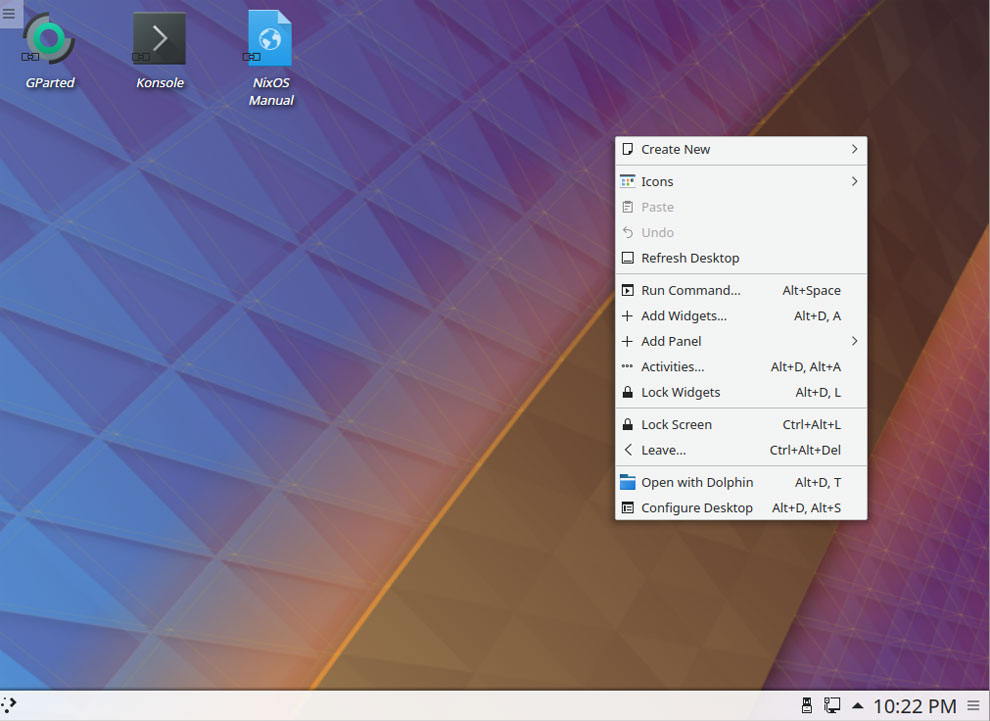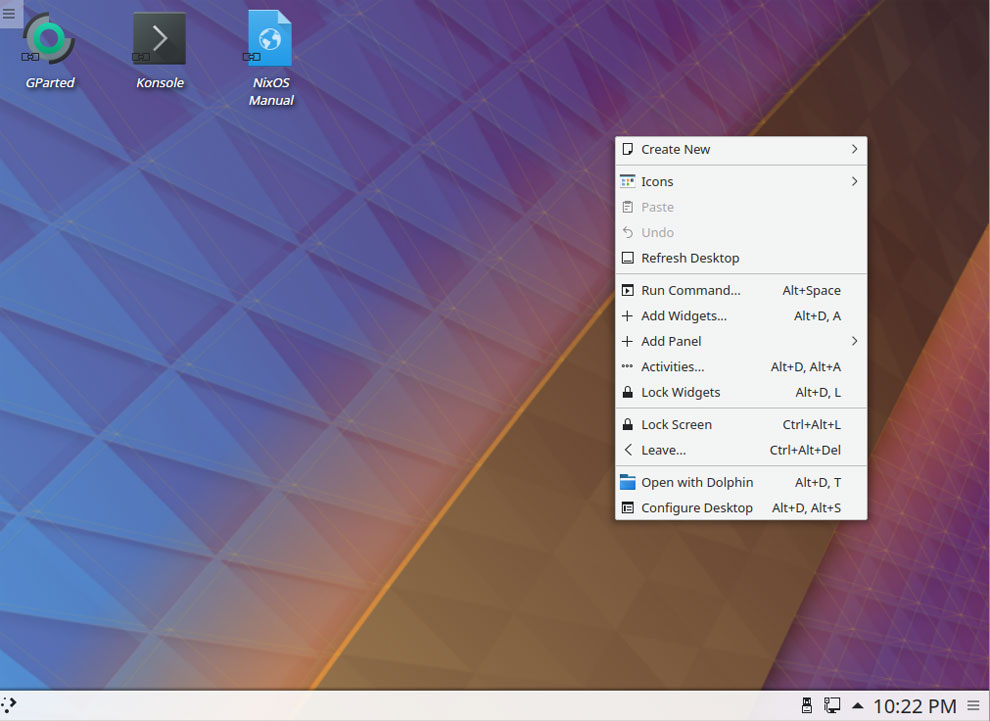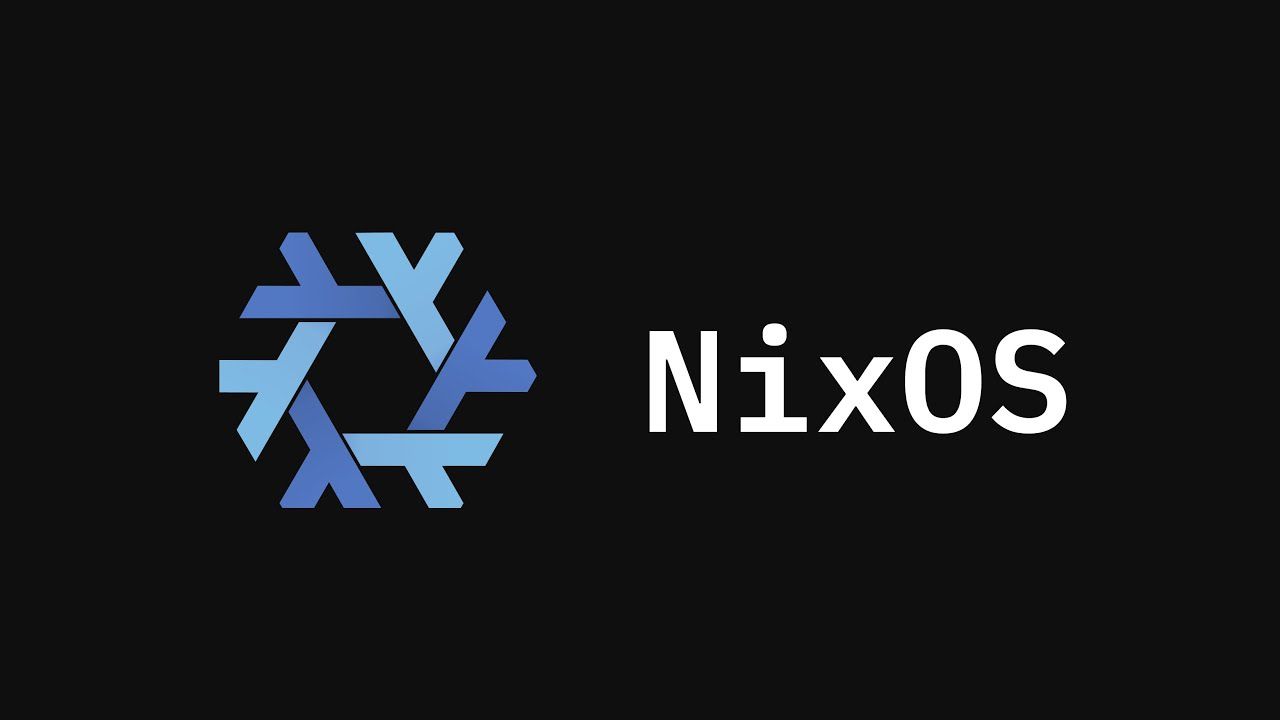Breaking Away from Windows: Exploring Alternatives like macOS, ChromeOS, and Linux
Windows as a platform has stirred a considerable amount of frustration among users, grappling with relentless advertisements, mandatory cloud integrations, pervasive updates, and recurring security vulnerabilities. This shift has prompted individuals to reconsider their computing choices, notably steering towards alternatives such as Apple’s macOS, Google’s ChromeOS, and various Linux distributions. In the following sections, we will explore the nuanced advantages and challenges associated with these different operating systems, particularly as more users contemplate leaving behind the Windows ecosystem.
The Allure of macOS
Apple’s macOS continues to entice users with its sleek design and robust performance, but the price tag attached to Apple hardware can be a barrier for many. Users have reported that while the interface can feel polished and user-friendly, it isn’t devoid of quirks. Navigating macOS, especially for novices, can sometimes present a steeper learning curve than anticipated. Despite these concerns, macOS remains a favored choice for those invested in Apple’s ecosystem, offering seamless integration with other devices and applications.
The macOS user experience can be captivating, but it comes with its own complexities.
Understanding ChromeOS: Lightweight and Cloud-Oriented
On the opposite end of the spectrum, Google’s ChromeOS emphasizes simplicity, operating largely within the confines of a web browser. Its reliance on cloud-based applications raises questions about privacy and data security, which some users find off-putting. However, it is possible to operate without fully committing to the Google Cloud for everything. This flexibility might suit users who prefer lightweight computing but still need the occasional desktop application.
ChromeOS offers a streamlined experience tailored for online activities.
The Linux Frontier: Customizability and Community
Linux, admired for its open-source nature, allows extensive customization and control. Yet, it does come with its own set of trade-offs. Users may find that some software applications are still lacking in support, which can be a palpable hindrance for those transitioning from more mainstream OSes. Users have expressed that while Linux is a fantastic platform for tinkerers and developers, it can present significant hurdles for everyday users unfamiliar with its workings.
“The openness of Linux operating systems makes them appealing, yet they are often plagued by issues like lack of mainstream application support,” said an industry expert.
Evaluating Windows: A Call for Change
This exodus raises a fundamental question: what could compel users to revert to Windows? Many users suggest that addressing the pervading issues of advertisement invasiveness, user-friendly updates, and enhanced security measures could be a start. As operating systems evolve, it’s imperative for Windows to react to the changing landscape in which alternative operating systems are winning users over by emphasizing user experience and system autonomy.
User frustrations with Windows have opened the door for alternatives.
The Impact on Gaming: EA and Apex Legends
In an unexpected turn of events, the gaming realm has also demonstrated the conflicts surrounding these operating systems. EA’s decision to remove Apex Legends from the Steam Deck—a platform running Linux—highlights the gaming industry’s struggle with cheating scandals tied to Linux’s open nature. EA cited concerns over the impact of cheaters on the gaming population, leading them to a regrettable yet necessary choice to maintain fair play standards. This raises critical discussions about Linux’s future in competitive gaming environments.
The struggle for fair play in gaming environments continues as Linux faces obstacles.
The Road Ahead: What Users Want
As we survey these various platforms, the insights gleaned suggest that users desire more control, improved performances across the board, and, perhaps most importantly, a deeper sense of security within their computing experiences. Whether it’s through the department of macOS, the simplicity of ChromeOS, or the freedom of Linux, there are myriad possibilities for those looking to escape the Windows quagmire.
In conclusion, any consideration for a switch must weigh personal needs against the capabilities of the emerging operating systems. As they evolve, so do the expectations accrued from steadfast users seeking something beyond Windows. It remains to be seen which platform will emerge as the true victor in this ongoing battle for user preference.
Diverse operating systems present varied opportunities for user engagement.


 Photo by
Photo by 











